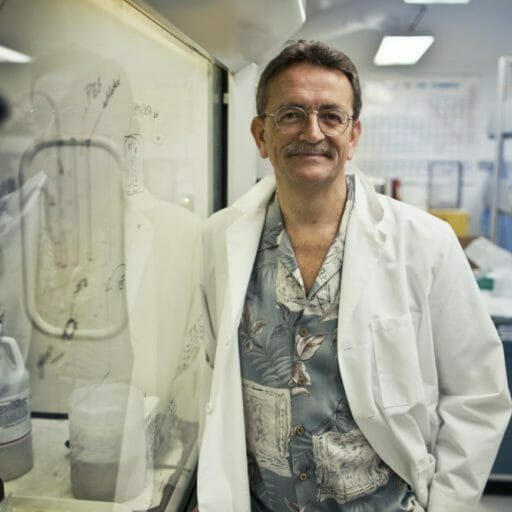
On the impact of the FDA Modernization Act 2.0
"Before, there was hesitation from companies [...] investing in non-animal technologies without being certain that the FDA would accept them. The change in legislation [...] sends a clear signal (that this technology is the path forward)."
J. Hickman, PhD
Chief Scientist, Hesperos, Inc.
Nature Medicine Feature, June 2023
Researchers and regulators
plan for a future without
lab animals
June 2023 - Nature Medicine
https://doi.org/10.1038/s41591-023-02362-z
A New Era for Drug Development: Alternatives to Animal Testing
In an article published in Nature Medicine, the author does an in depth review of the state of the industry and exciting path ahead - particularly in light of the recently passed FDA Modernization Act 2.0.
More specifically, the US Food and Drug Administration (FDA) has recently changed its regulations to allow more flexibility in the use of non-animal methods for preclinical testing of new drugs. This move has sparked a wave of innovation and interest in alternative technologies, such as organoids, tissue chips and in silico testing, that can potentially replace or reduce the need for animal experiments.
Organoids are miniaturized versions of human organs, grown from stem cells in a dish. They can mimic the structure and function of various tissues, such as the brain, liver, gut and kidney. Tissue chips, such as Hesperos' Human-on-a-Chip, are microfluidic devices that contain living cells arranged in a way that simulates the physiology of an organ or a system. They can be connected to form a "body-on-a-chip" that can model the interactions between different organs. In silico testing refers to the use of computer models and simulations to predict the effects of drugs on biological systems.
These alternative methods offer several advantages over animal testing. They can be more accurate, faster, cheaper and ethical. They can also enable personalized medicine, by testing drugs on patient-specific organoids or tissue chips. Moreover, they can help overcome some of the limitations and challenges of animal models, such as species differences, genetic variability and ethical concerns.
The FDA's new regulation is a welcome step towards a future without lab animals. It signals a shift in the paradigm of drug development and opens new opportunities for innovation and discovery. It also challenges the scientific community to embrace and explore the potential of these alternative methods for improving human health.